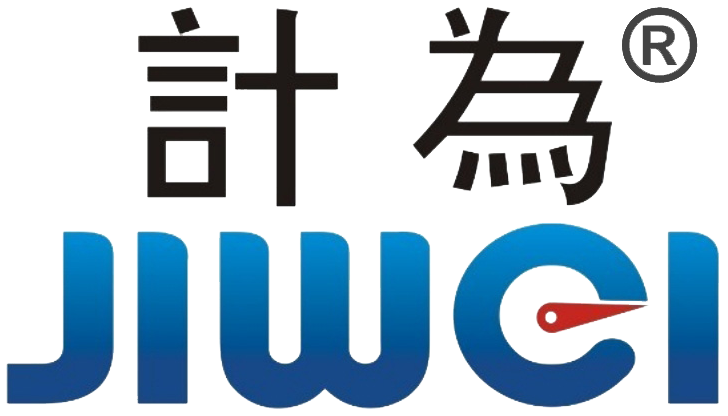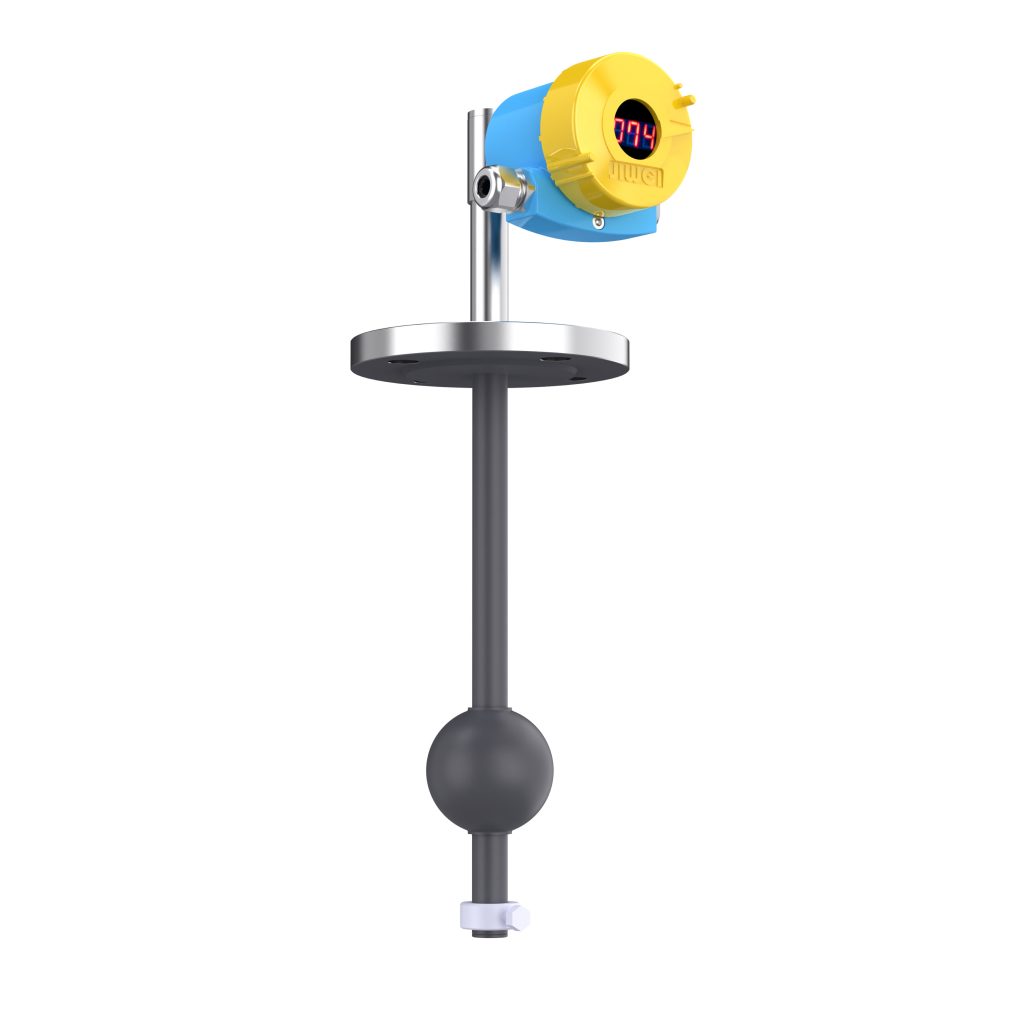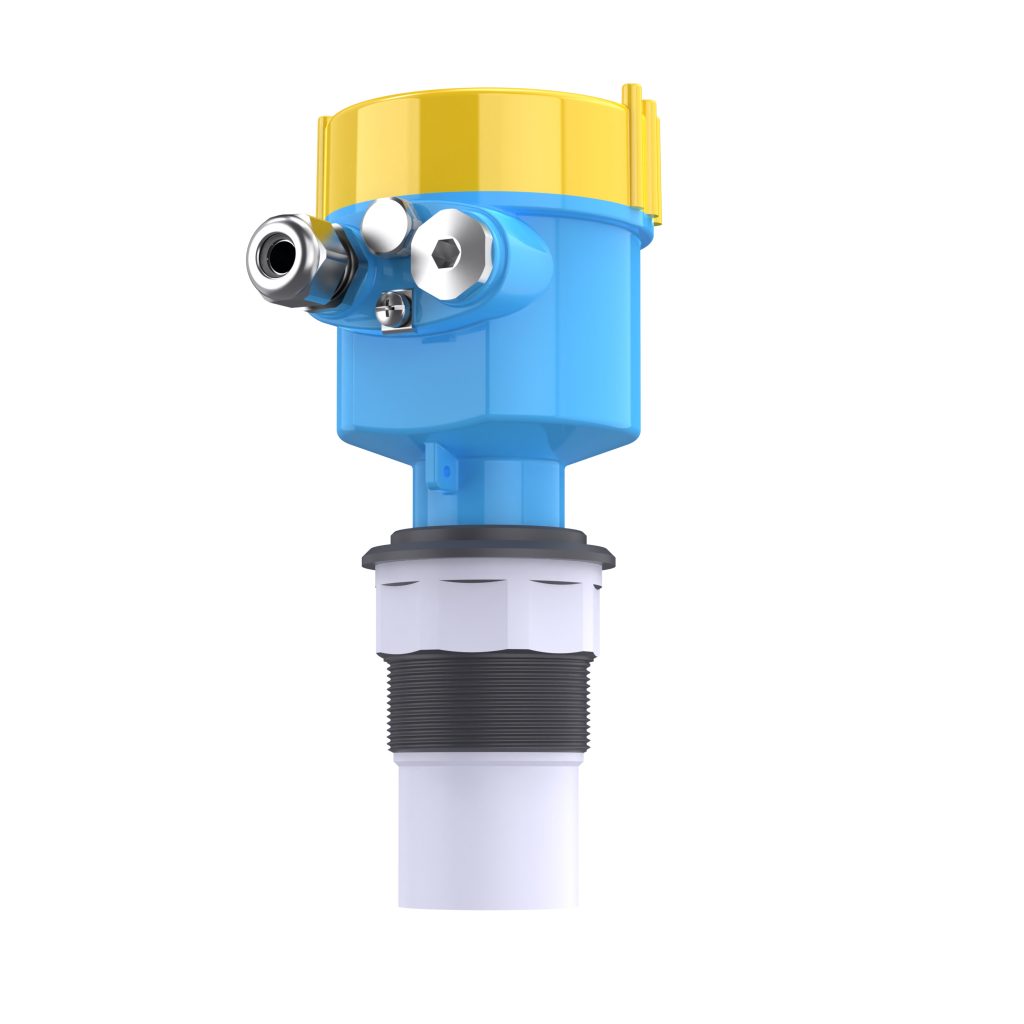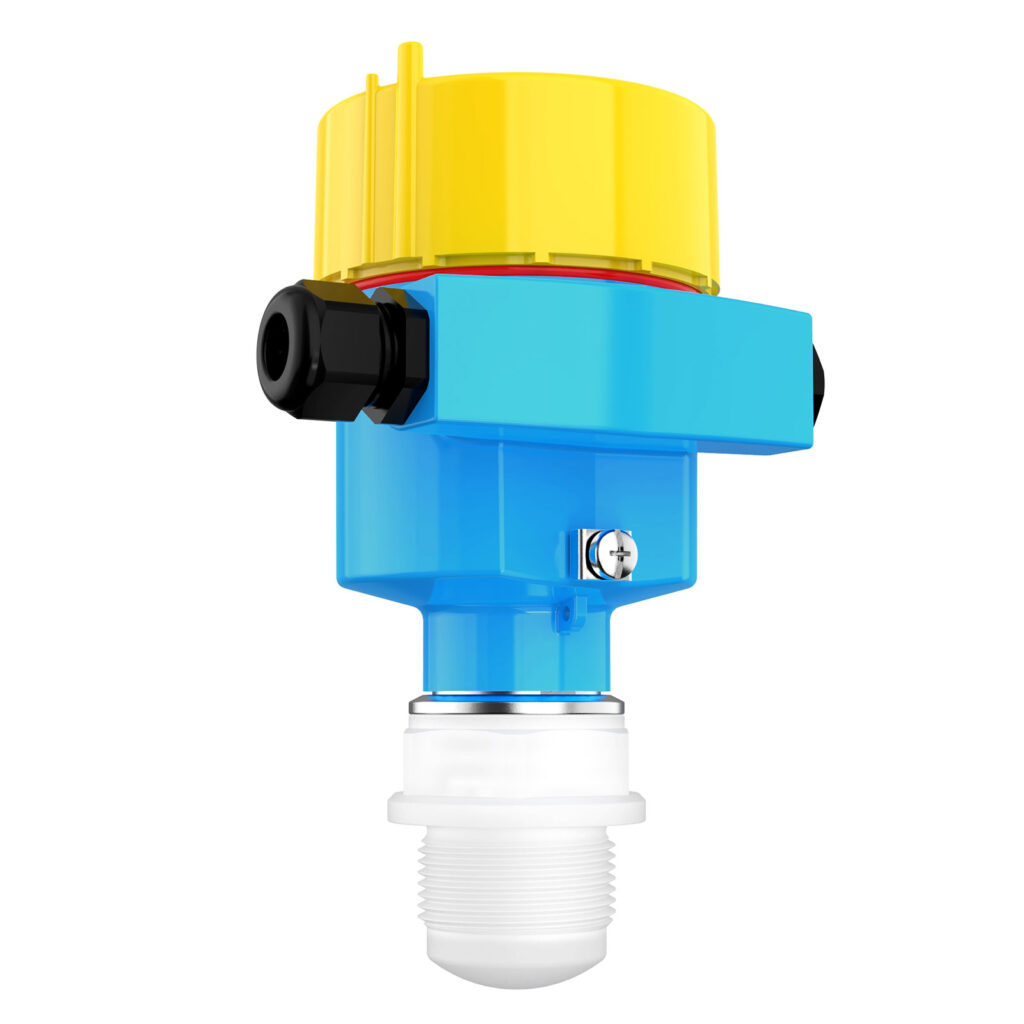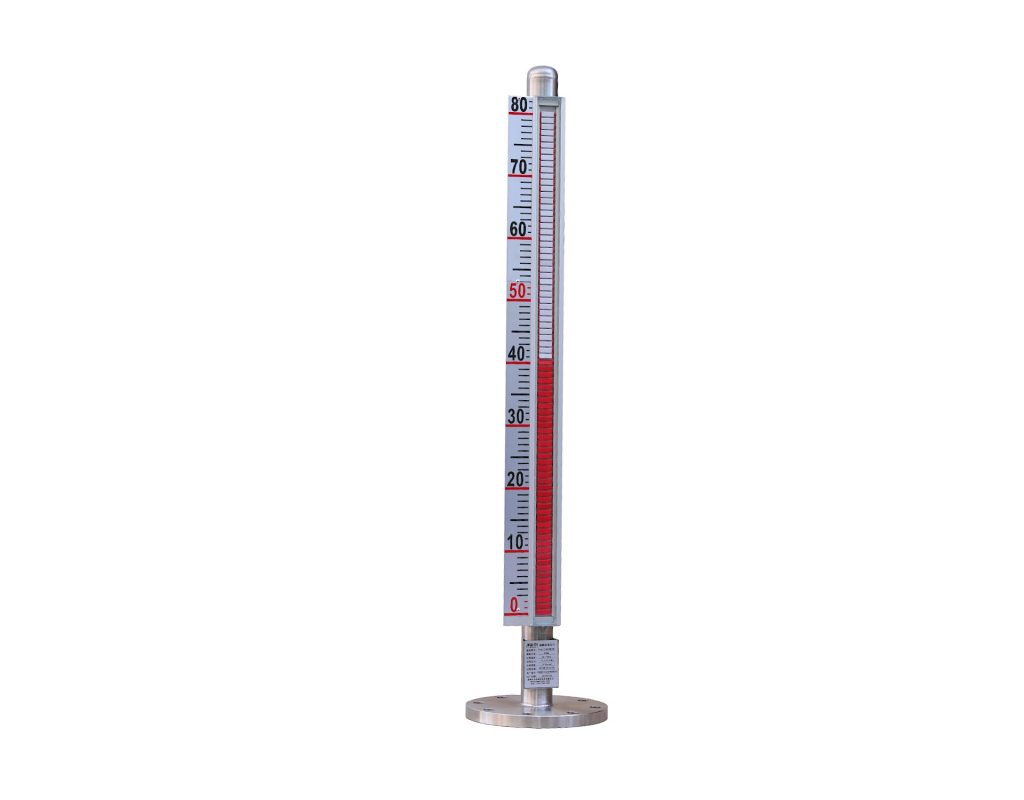Top Water Level Sensors for Accurate Measurement: From Float Level Sensors to Radar Sensors
Introduction to Water Level Sensors
Water level sensors are essential tools for monitoring water levels in tanks, pipes, and reservoirs across various industries. Whether used in domestic water tanks or large industrial systems, precise water level detection helps to ensure system efficiency, safety, and reliability. In this article, we’ll explore the top water level sensors, including float level sensors, ultrasonic sensors, radar sensors, and magnetic level indicators, focusing on their distinct features and applications.
1. Float Level Sensors: Simple and Reliable
Float level sensors are widely used for water level measurement due to their simplicity and cost-effectiveness. These sensors consist of a float that moves with the water level, triggering a switch or signal when the water reaches a certain point. Float level sensors are ideal for controlling pumps and alarms.
- Advantages:
- Low cost and easy installation
- Suitable for basic applications like water tanks and sumps
- Reliable for controlling or monitoring water levels in both domestic and industrial settings
Recommended Product: Float Level Sensors – Float level sensors are ideal for simpler, cost-effective applications. These sensors are widely used in water-related systems, providing reliable and accurate level detection in tanks, sumps, and reservoirs. They are easy to install and maintain, making them a popular choice for water-level measurement in less complex systems.
2. Ultrasonic Water Level Sensors: Non-Contact Measurement
Ultrasonic sensors use sound waves to measure the distance between the sensor and the water surface. By emitting sound waves and measuring the time it takes for them to return, the sensor calculates the water level. This non-contact measurement method makes ultrasonic sensors ideal for applications where contact with the water or liquid is undesirable.
- Advantages:
- Non-contact measurement, reducing wear and maintenance
- Highly accurate over a wide range of water levels
- Suitable for applications in tanks, reservoirs, and wastewater systems
Applications:
- Water Treatment Plants
- Industrial Water Tanks
- Wastewater Management
3. Radar Water Level Sensors: Accurate in Harsh Environments
Radar sensors provide highly accurate water level measurement, using electromagnetic waves to detect the water surface. They are especially beneficial in challenging environments, such as extreme temperatures, pressures, or where chemicals may be present.
- Advantages:
- Extremely accurate in harsh and fluctuating environments
- Not affected by foam, vapor, or dust
- Ideal for high-precision industrial applications
Applications:
- Power Plants
- Oil and Gas Industries
- Chemical Processing Plants
4. Magnetic Level Sensors: Durable and Accurate
Magnetic level sensors, like the Flap-11 Magnetic Level Sensor, utilize magnetic fields to detect liquid levels. These sensors are robust, providing accurate measurements without any moving parts, making them low-maintenance and highly reliable.
- Advantages:
- No moving parts, reducing wear and maintenance
- High-temperature and high-pressure resistance
- Reliable in aggressive and hazardous environments
Applications:
- Chemical Storage Tanks
- Water Treatment Systems
- Oil and Gas Storage
5. Hydrostatic Pressure Water Level Sensors: Ideal for Deep Tanks
Hydrostatic pressure sensors measure the water level by sensing the pressure exerted by the water column. These sensors are particularly effective for deep tanks or large reservoirs, where other sensors may be impractical due to size or space constraints.
- Advantages:
- Continuous level measurement
- Works well in deep tanks or reservoirs
- Reliable for a variety of water-based applications
Applications:
- Deep Well Monitoring
- Large Water Reservoirs
- Stormwater Management Systems
Table: Comparison of Top Water Level Sensors
| Sensor Type | Advantages | Best For |
|---|---|---|
| Float Level Sensor | Simple, reliable, low-cost | Small water tanks, sumps, wastewater |
| Ultrasonic Sensor | Non-contact, high accuracy | Water treatment, reservoirs, industrial |
| Radar Sensor | High precision, resistant to interference | Power plants, chemical industries |
| Magnetic Level Sensor | No moving parts, high-temperature resistant | Harsh industrial environments, chemicals |
| Hydrostatic Sensor | Continuous measurement, ideal for deep tanks | Large reservoirs, deep wells |
Conclusion: Choosing the Right Water Level Sensor
Selecting the right water level sensor is crucial for ensuring accuracy and efficiency in your water management system. Whether you need the simple and cost-effective solution of float level sensors or the precision of radar sensors, each type of sensor offers unique benefits. For industries that demand high reliability in harsh environments, the Flap-11 Magnetic Level Sensor is a solid choice, offering accurate measurements without moving parts or electrical interference.
